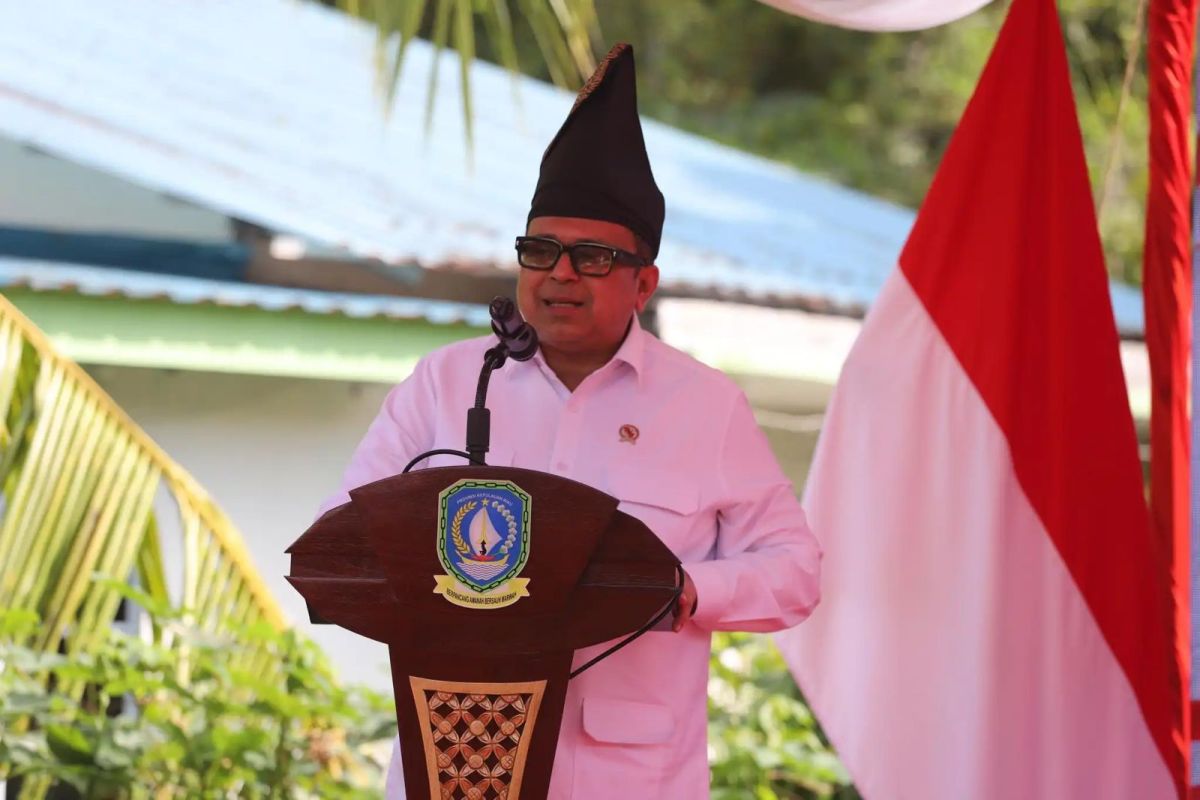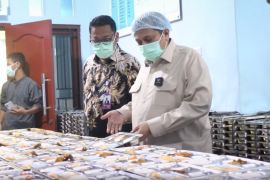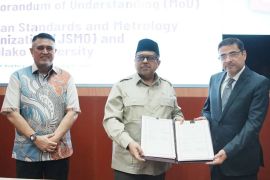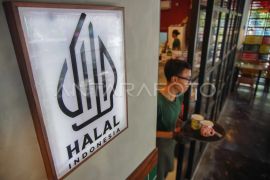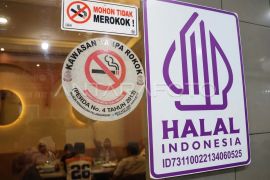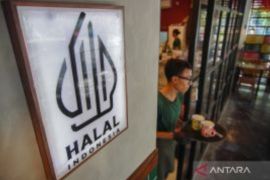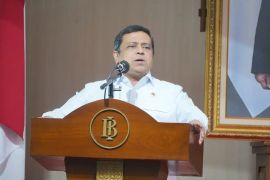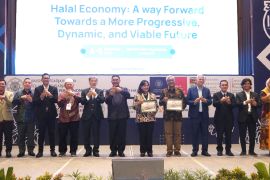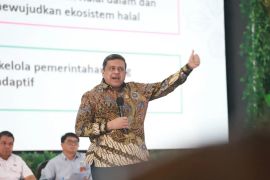In his statement on Friday, Hasan noted that halal transactions reached Rp21,000 trillion (around US$1.26 trillion) in 2024. However, Indonesia has only tapped into 3.5 percent of this potential, leaving a vast opportunity for expansion.
“Halal is not just a religious matter. Halal is a lifestyle. Halal represents modernization. Halal products are used by all faiths. Halal is an economic growth engine, and the world is now utilizing halal products to achieve its growth targets,” he said.
The growing use of halal products reflects a global lifestyle shift and adherence to standards that emphasize cleanliness, health, and product quality.
One of BPJPH’s key initiatives is expanding synergy with various sectors and stakeholders, including the Ministry of Tourism.
Both parties continue to strengthen cooperation to accelerate halal certification for micro and small enterprises (MSEs), including those operating in tourism areas.
Hasan stated that this effort demonstrates that halal certification not only fulfills regulatory obligations but also serves as a driver of national economic growth.
“Halal certification is key to enhancing the competitiveness of Indonesian products. We aim to make halal not merely a label but an economic value that supports community welfare, especially within the MSE and tourism sectors,” Hasan remarked.
Collaboration between BPJPH and the Ministry of Tourism has been carried out through the handover of halal certificates to MSMEs on Penyengat Island, Tanjungpinang City, Riau Islands.
Tourism Minister Widiyanti Putri Wardhana said the activity is part of an ongoing strategic partnership between the Ministry of Tourism and BPJPH to accelerate halal certification for MSME products in tourist villages.
“This program has been implemented since July 2025 through a pilot project in 20 tourist villages across Indonesia, including Penyengat Island Tourist Village,” Wardhana explained.
She added that a total of 438 village tourism MSE products had been certified halal as of October 15, 2025. The program will be further expanded in collaboration with BPJPH to reach 1,500 tourist villages in 15 provinces, as part of efforts to promote the Indonesia Muslim Travel Index 2025.
“This marks an important milestone in strengthening Indonesia’s position as a leading Muslim-friendly tourism destination globally, while also providing added economic value to local communities, particularly on Penyengat Island,” she said.
Related news: Indonesia eyes global halal hub status with 9.6M certified products
Related news: RI Govt pushes Halal as quality and trust symbol
Translator: Arnidhya Nur Zhafira, Katriana
Editor: M Razi Rahman
Copyright © ANTARA 2025
